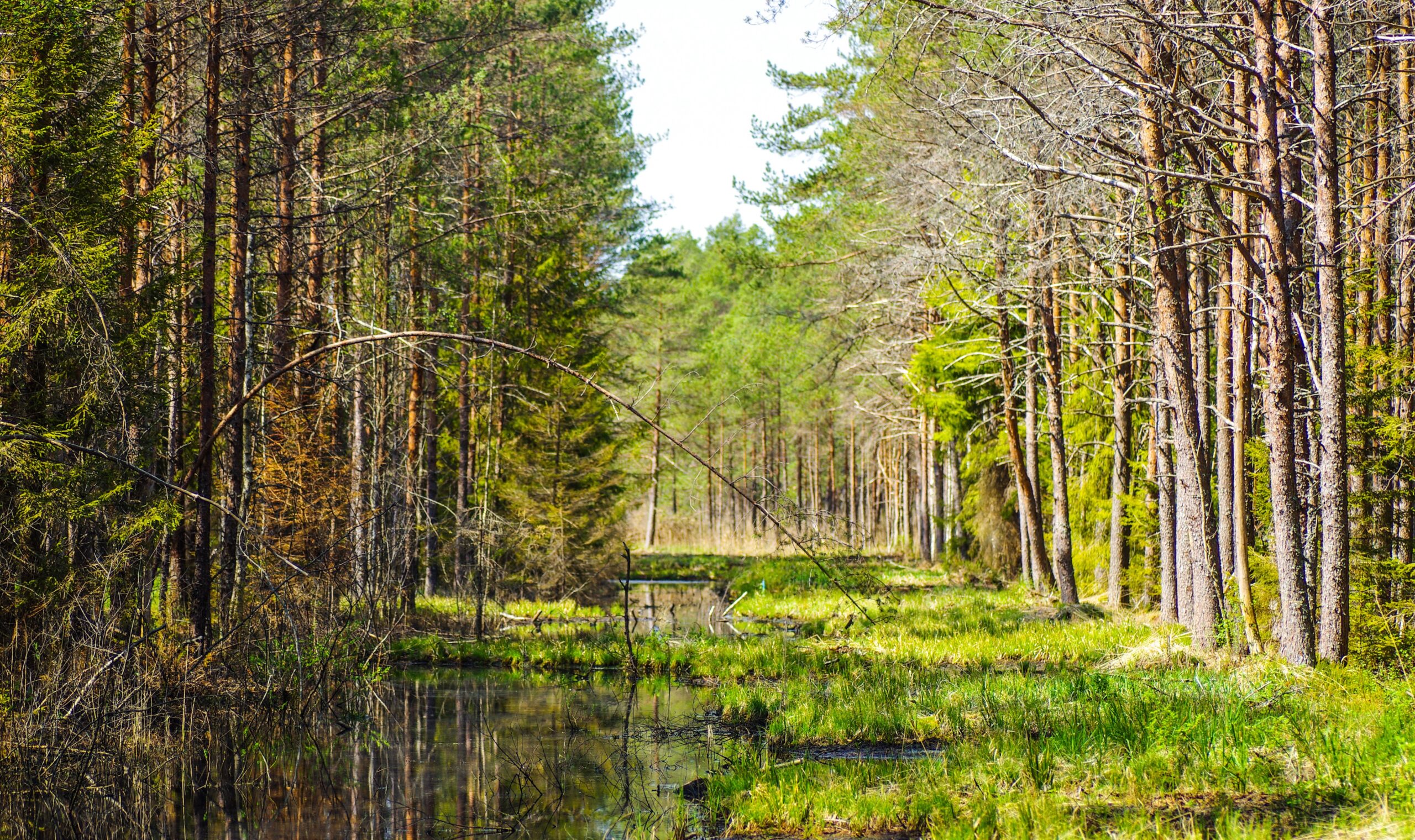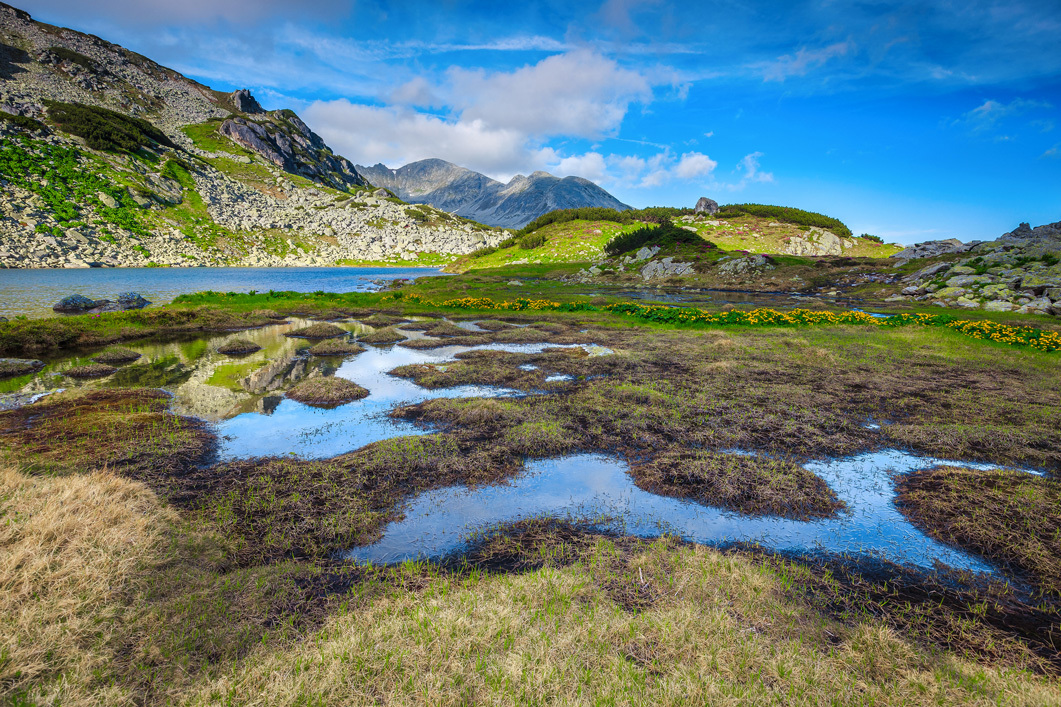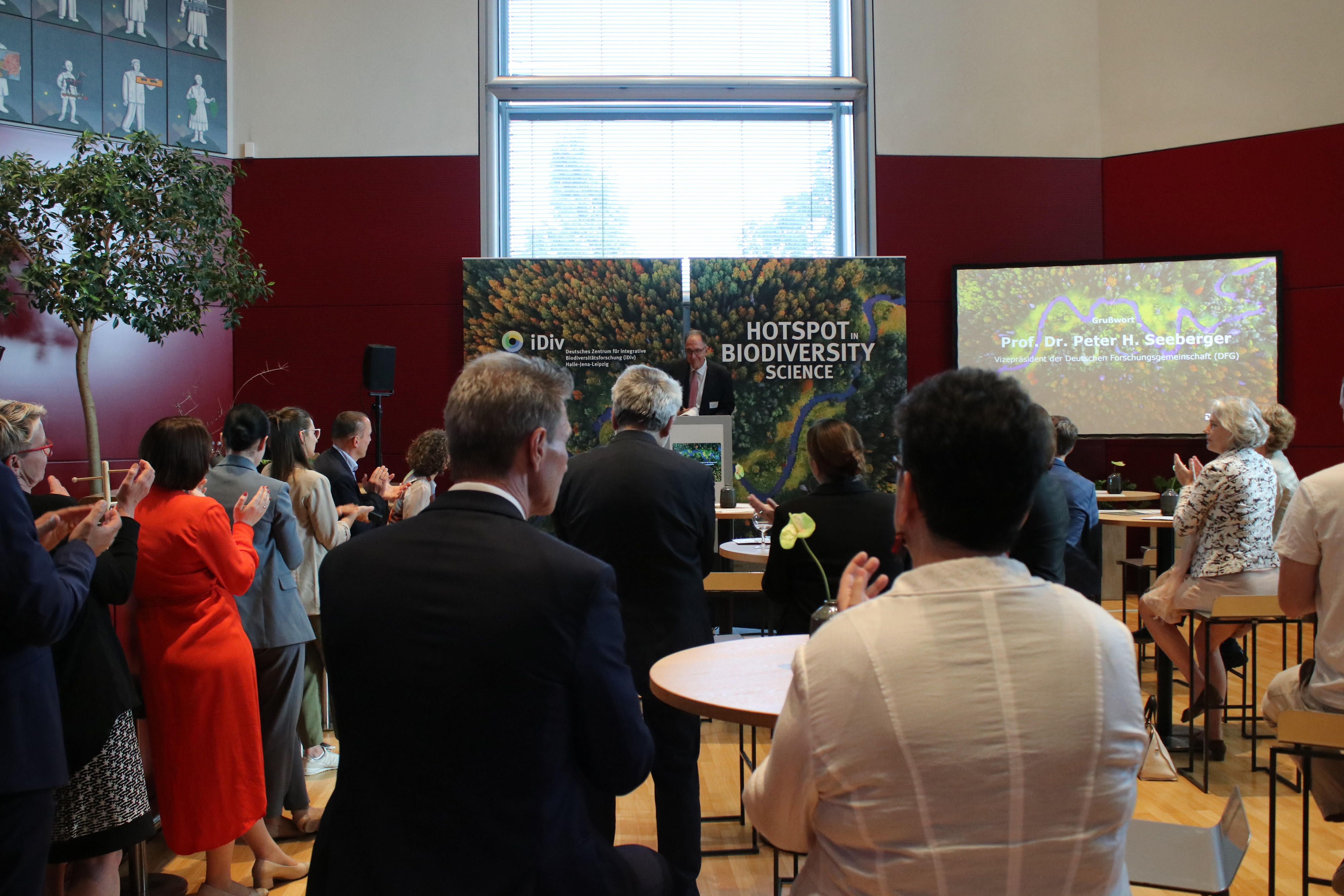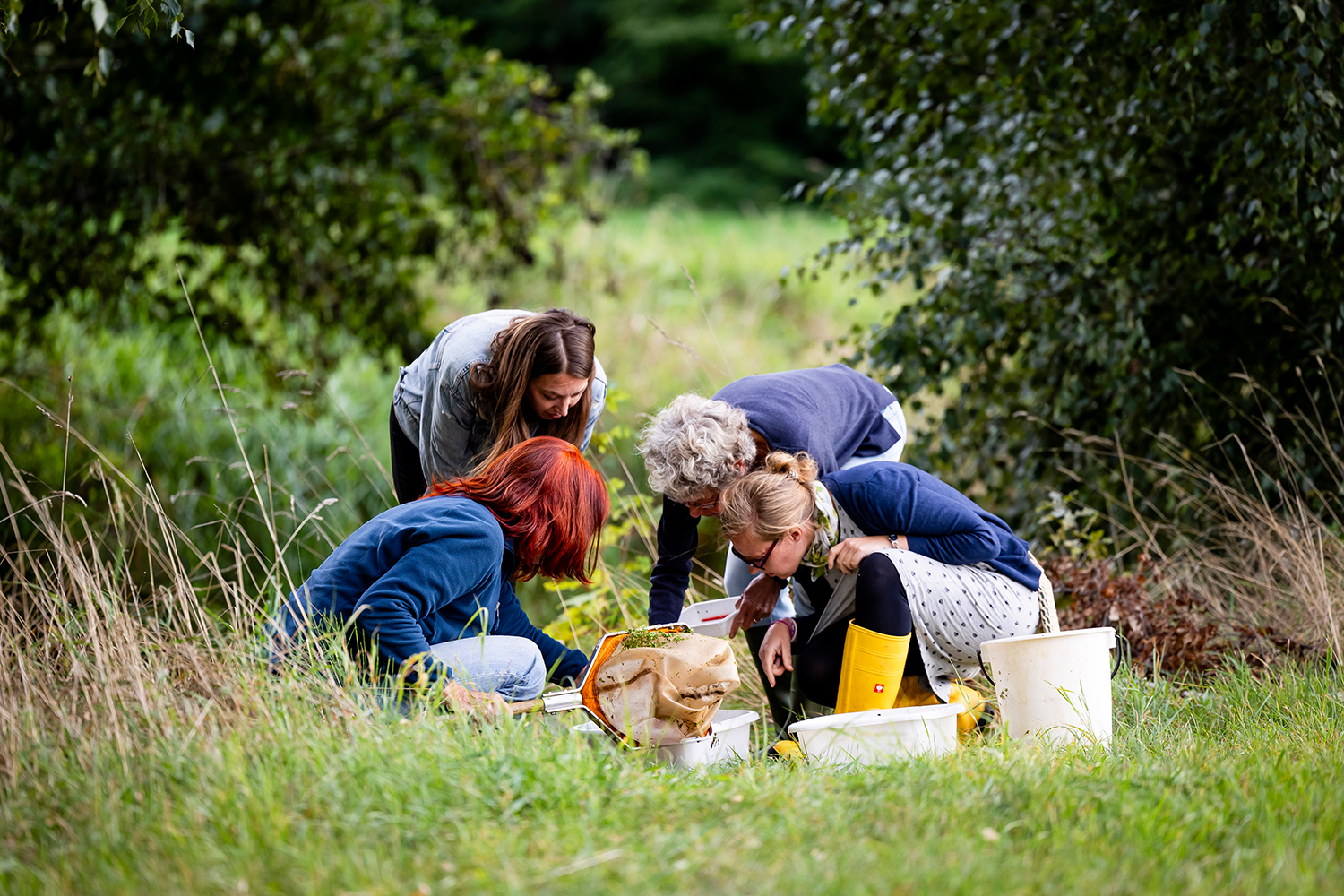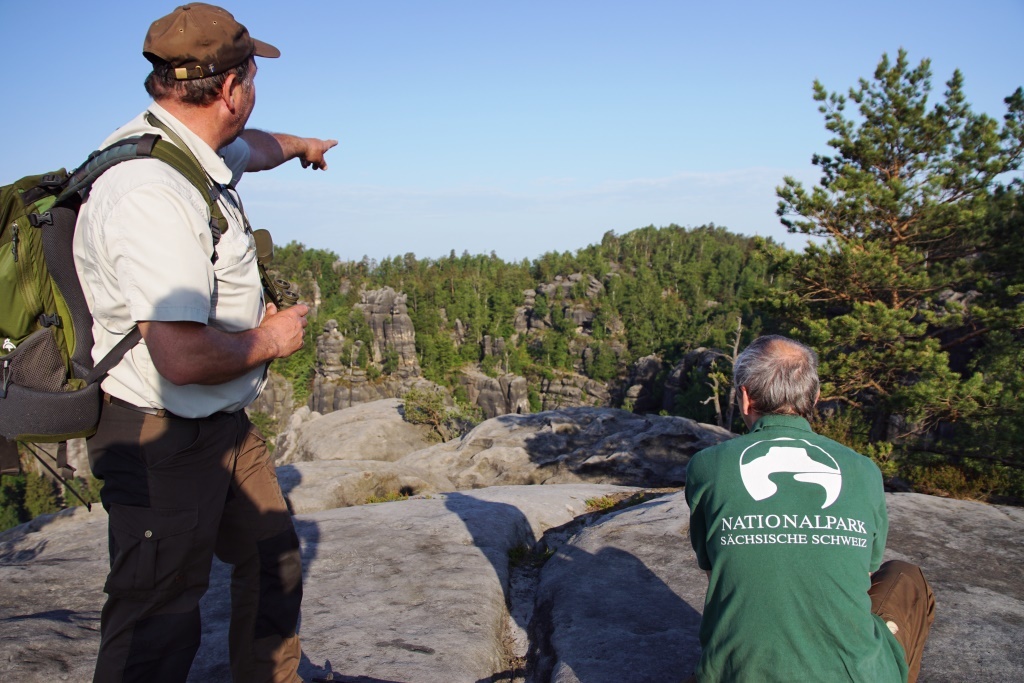10.07.2025 | iDiv, Science-Policy
iDiv-led proposal sets foundation for Europe’s first Biodiversity Observation Coordination Centre
More16.06.2025 | Biodiversity Conservation, Media Release, Science-Policy
Integrating rewilding into intensively used farmland
More02.06.2025 | Biodiversity Conservation, iDiv, Media Release, Research, Science-Policy
Preserving the past, protecting the future: Historic village water tanks provide a lifeline for amphibians
More21.05.2025 | Blog Post, iDiv, Science-Policy
The EU’s Nature Restoration Regulation: How iDiv supports Europe’s path toward unified implementation
More21.11.2024 | Science-Policy, TOP NEWS
iDiv researchers at the Convention on Biological Diversity’s COP16
Addressing biodiversity challenges with science-based strategies
More01.10.2024 | Media Release, Research, Science-Policy, TOP NEWS
Faktencheck Artenvielfalt shows the state of biodiversity in Germany
More than half of Germany’s habitat types have an ecologically unfavourable status
More02.07.2024 | Biodiversity and People, Biodiversity Conservation, iDiv, Media Release, Science-Policy, TOP NEWS
What do we need for better biodiversity monitoring in Europe?
Based on a media release of IIASA A new publication in Conservation Letters authored by scientists from the German Centre for Integrative Biodiversity Research (iDiv) and the International Institute for Applied Systems Analysis (IIASA) with a large European consortium provides vital insights into the current status of biodiversity monitoring in Europe, identifying policy needs, challenges, and future pathways.
More25.06.2024 | iDiv, Media Release, Science-Policy, TOP NEWS
Germany’s leading role in biodiversity research and policy
More14.03.2024 | Media Release, Research, Science-Policy, TOP NEWS
Citizen Science Project FLOW shows that Germany’s small streams are not in a good ecological state
More05.01.2024 | Biodiversity Economics, Media Release, Science-Policy, TOP NEWS
Environmental economist: “There is no justification for subsidising agricultural diesel”
More15.08.2022 | Evolutionary Ecology, Media Release, Science-Policy, Science-Policy, TOP NEWS
National parks – islands in a desert?
Leipzig/Jena/Bonn. How effective is biodiversity conservation of European and African national parks? This seems to be strongly associated with societal and economic conditions. But even under the most favourable conditions, conservation efforts cannot completely halt emerging threats to biodiversity if conditions outside of the parks do not improve. This is the conclusion of a new study led by the German Centre for Integrative Biodiversity Research (iDiv), the Max Planck Institute for Evolutionary Anthropology (MPI EVA), and the University of Bonn, in collaboration with the Helmholtz Centre for Environmental Research (UFZ), Leipzig University, the Friedrich Schiller University Jena and many other institutions. The study published in the journal Nature Sustainability highlights the urgent need for a better design of national park networks.
More


